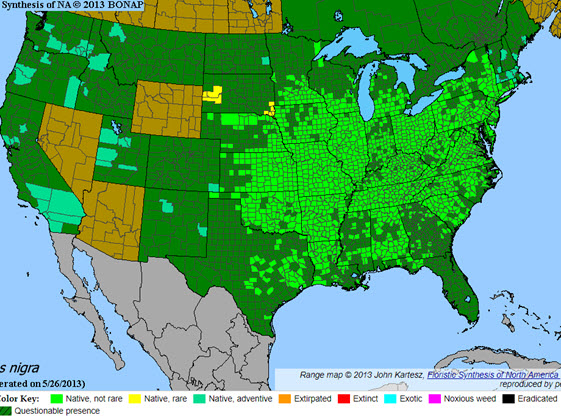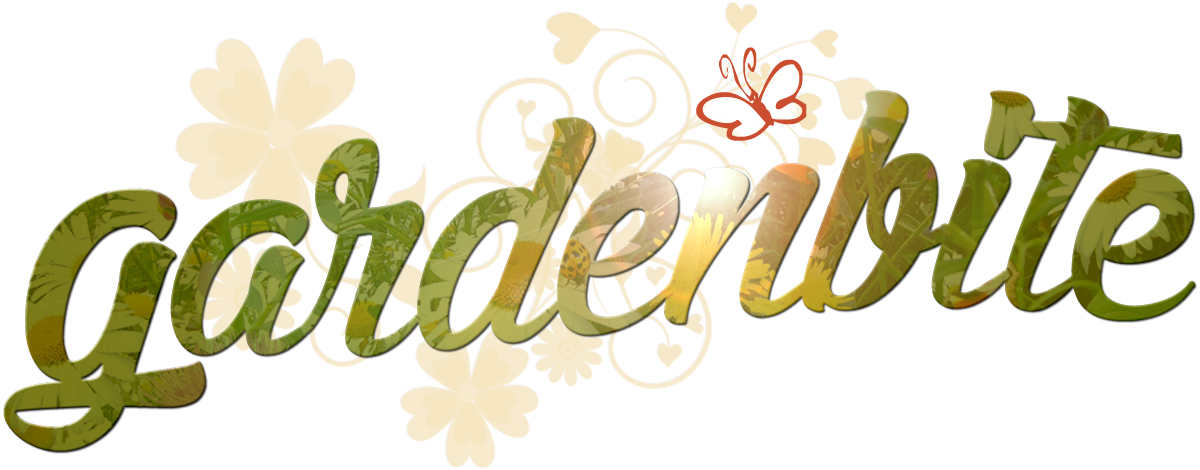Click below to listen to my 2 min. Garden Bite radio show/podcast: Black walnut tree
Audio PlayerI have lamented for years the fact that my neighbor has 2 black walnut trees planted at the border of our properties.
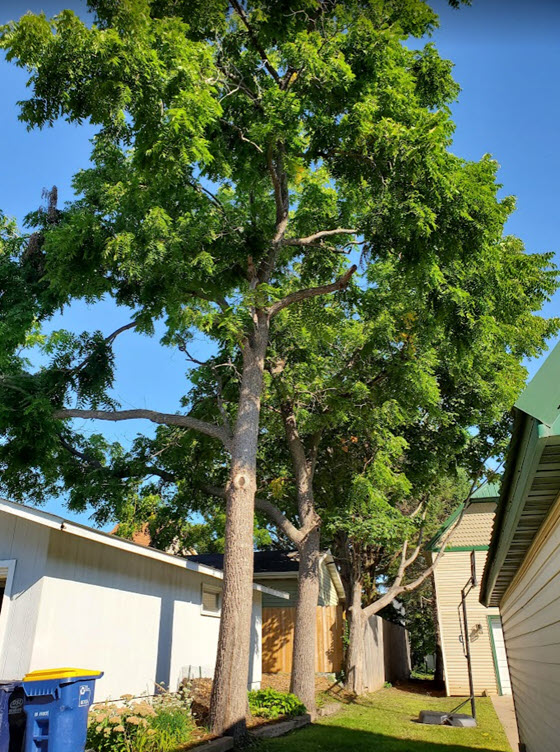
Juglone is a toxin that flows through it’s roots. Many plants won’t grow by it, except for:
- Hosta
- Daylilies
- Sedum
- Chives
- Snowdrops
- Giant crocus
- Astilbe
- Coneflowers – this one surprised me
- Bee balm
- Cinnamon fern
- Spider wort
- Jack-in-the-pulpit
- weeds
It is a prolific nut producer.
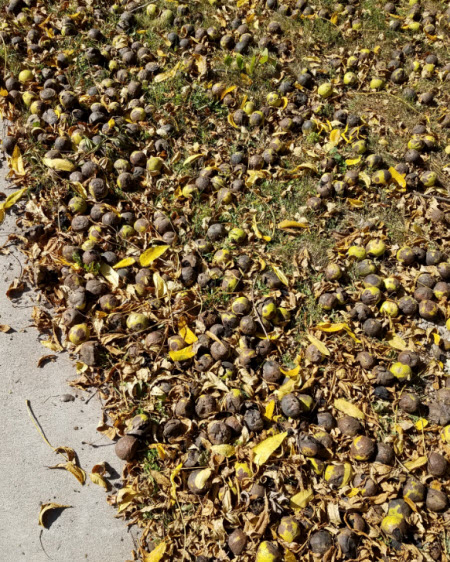
Mowing can be a pain but I think it’s the fact that the squirrels plant those nuts everyone. In every pot, every soft space of soil and, really, everywhere else! And until the neighbor finally got someone to prune these trees considerably, I was on the roof or a ladder cutting back the drooping branches.
I admit, the tree is actually nice looking with great bark and turns yellow in fall, but that’s where it stops.
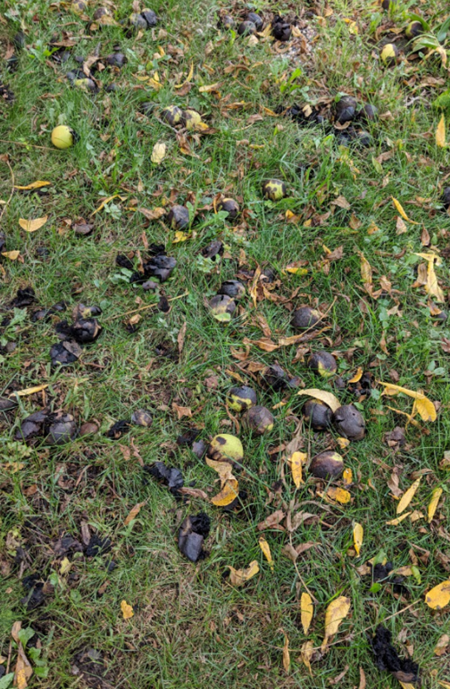
I open this month’s Northern Gardener magazine and there’s an article titled “Not All Bad” by Susan Barbieri about the pluses of Black Walnut.
Hardy from zone 4 all the way to 9, this tree is tolerant of cold and hot weather.
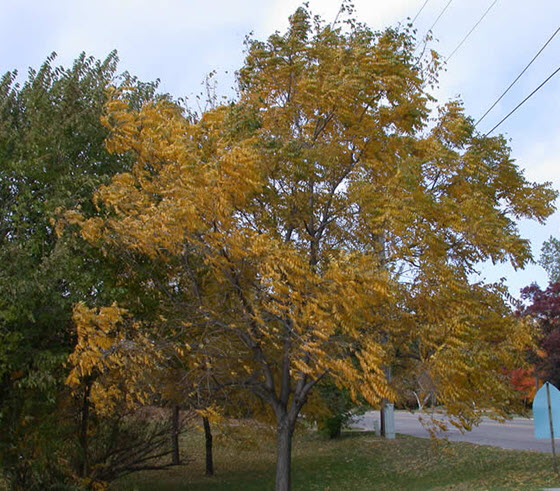
It’s great from carbon sequestration, it can provide excellent shade, erosion control and water runoff.
If planted on the correct side of the house it can help reduce energy costs. You can also eat the walnuts although they’re not as tasty and not easy to get out of the shell. There are people tapping them for syrup too.
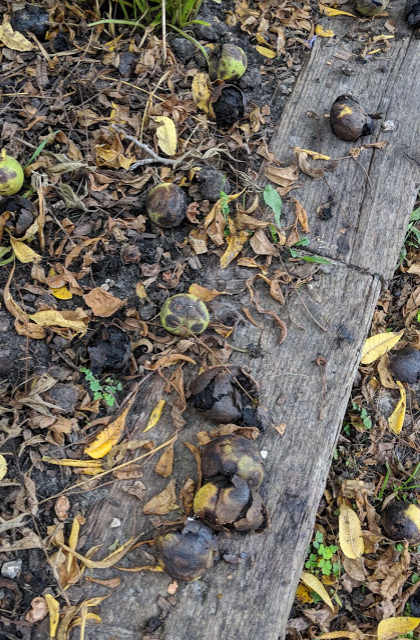
However… two plants that certainly die near black walnut are potatoes and tomatoes.
My sister tried for years to grow tomatoes near her Black Walnut, not knowing the problem was the tree, or rather it’s roots which carry the juglone. Read more about this native from Minnesota Wild Flowers.
